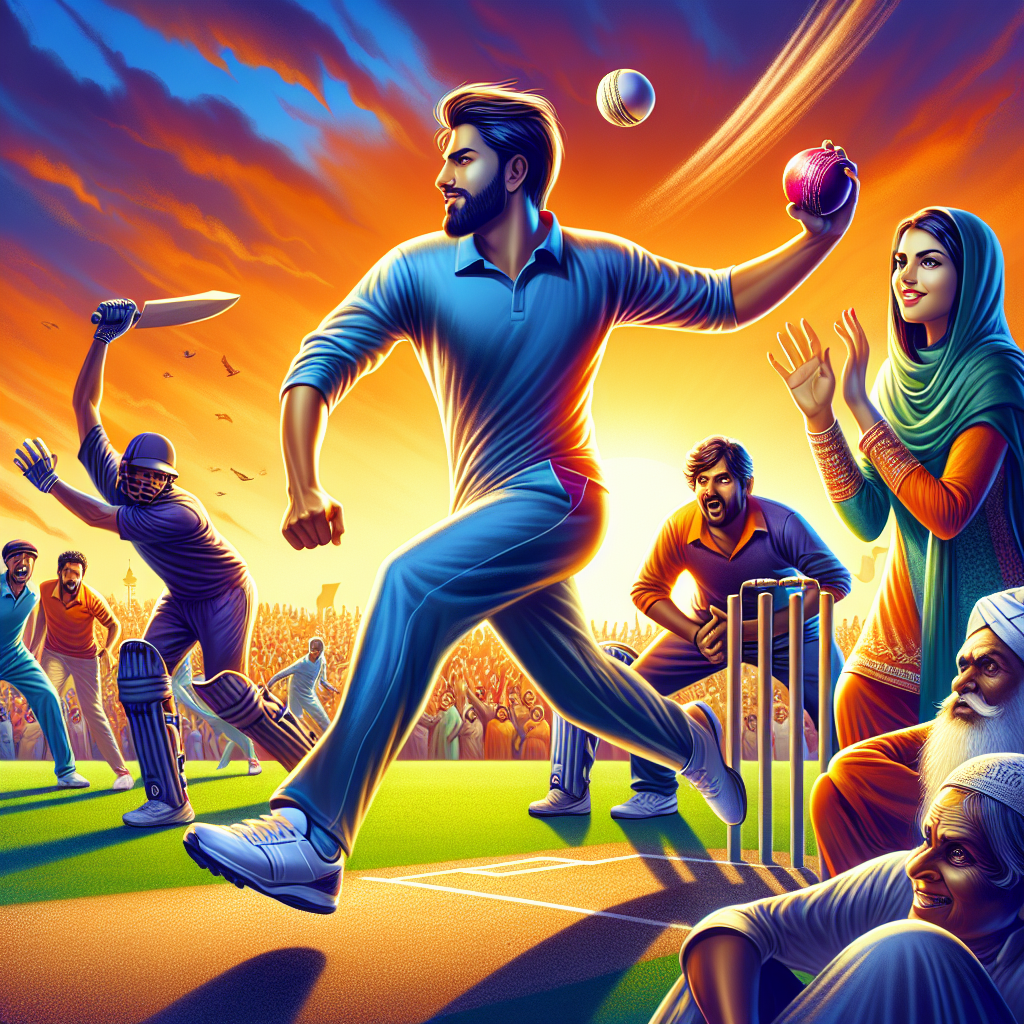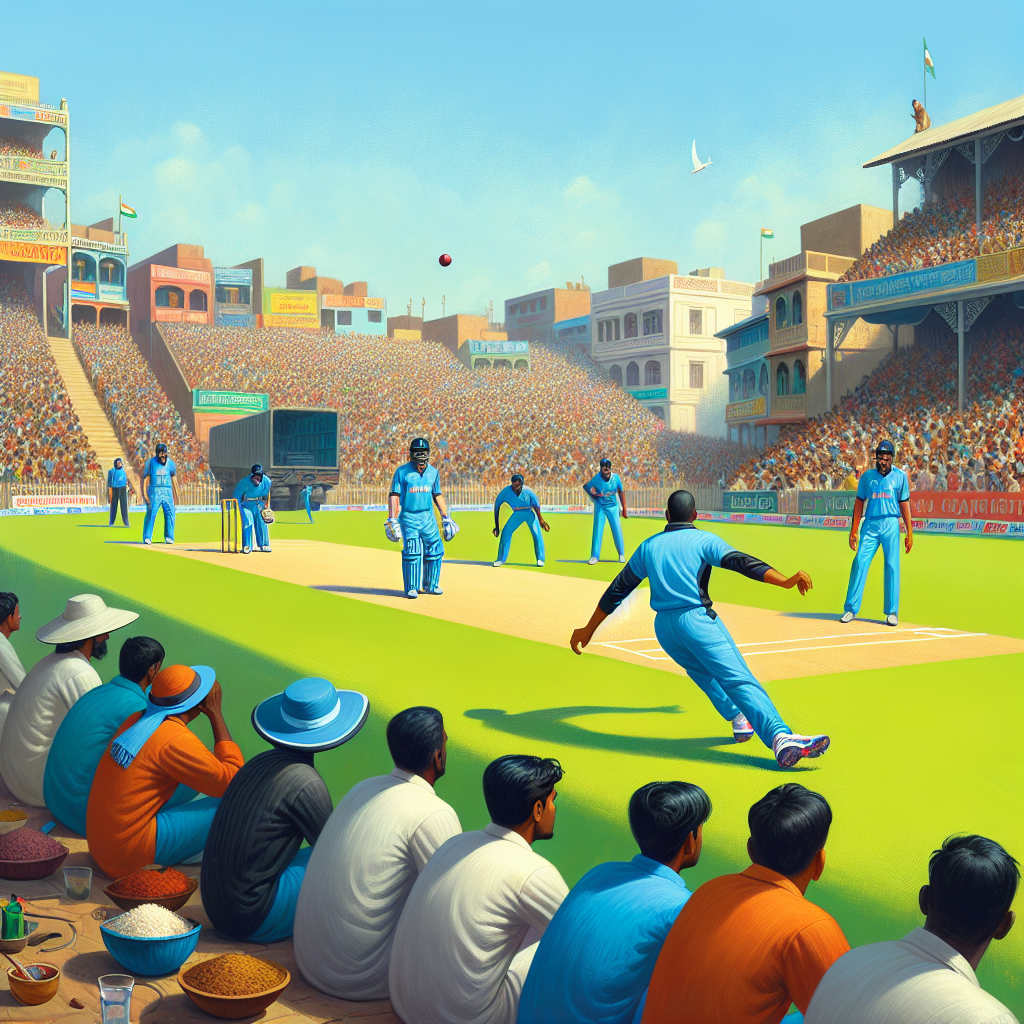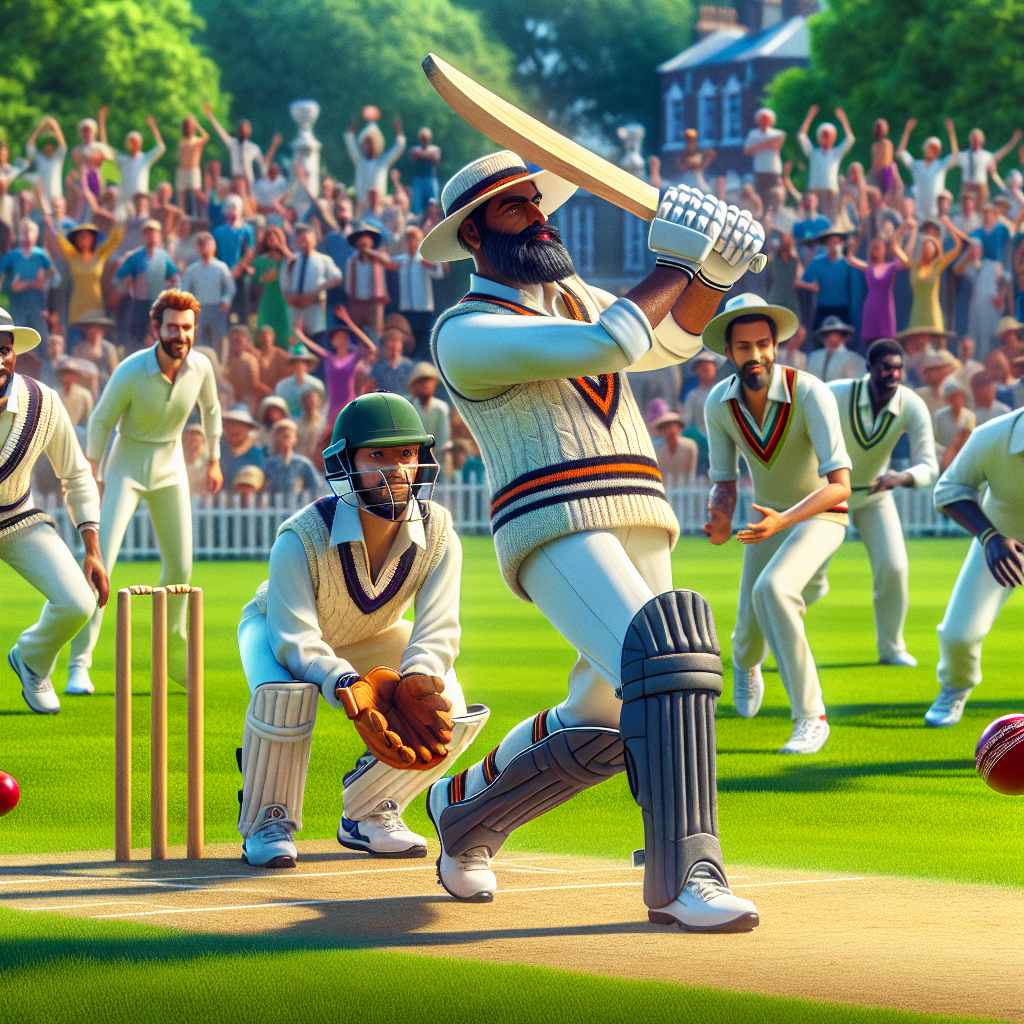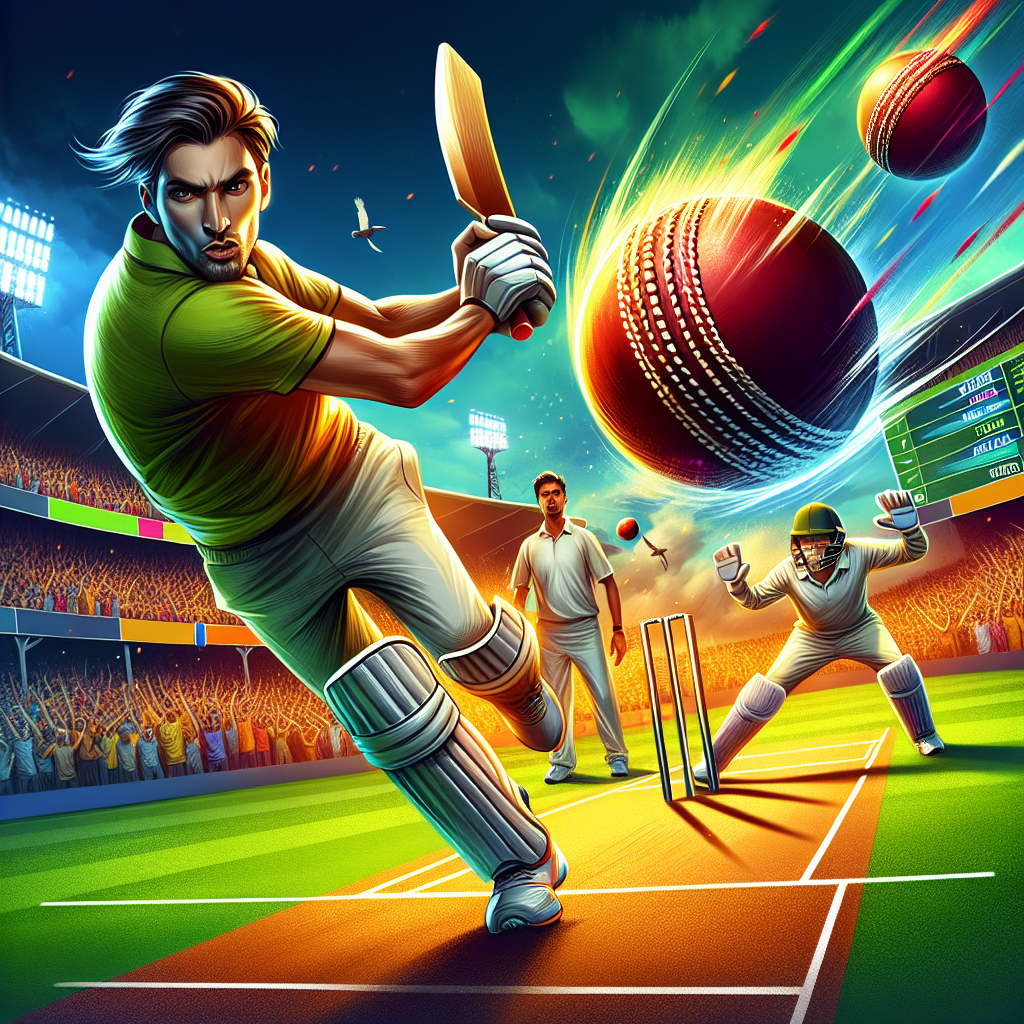The Most Famous Sport in India: Cricket

India, a nation of over a billion people, is a melting pot of cultures, languages, and traditions. Among its diverse tapestry, one unifying thread stands out: the love for cricket. Cricket is not just a sport in India; it is a religion, a passion, and a way of life. This article delves into why cricket holds such a revered place in Indian society, exploring its history, cultural impact, and the factors contributing to its unparalleled popularity.
The Historical Roots of Cricket in India
The origins of cricket in India can be traced back to the 18th century when the British introduced the game to the subcontinent. The first recorded cricket match in India was played in 1721 by British sailors in Cambay, near Baroda. Over time, the game gained popularity among the Indian elite, and by the late 19th century, it had become a significant part of Indian society.
The Parsi Pioneers
The Parsis, a small but influential community in Mumbai, were the first Indians to embrace cricket. They formed the Oriental Cricket Club in 1848, marking the beginning of organized cricket in India. The Parsi community’s enthusiasm for the game laid the foundation for its widespread acceptance across the country.
Formation of the Board of Control for Cricket in India (BCCI)
In 1928, the Board of Control for Cricket in India (BCCI) was established, marking a significant milestone in the sport’s history. The BCCI played a crucial role in organizing domestic competitions and representing India in international cricket. The board’s efforts helped elevate cricket to new heights, making it a national obsession.
Cultural Impact of Cricket in India
Cricket’s influence extends beyond the boundaries of the playing field, permeating various aspects of Indian culture. It has become a symbol of national pride and unity, transcending regional and linguistic differences.
Cricket as a Unifying Force
In a country as diverse as India, cricket serves as a unifying force. It brings people together, regardless of their background, to celebrate victories and share the agony of defeat. The sport has the power to bridge social and economic divides, fostering a sense of camaraderie among fans.
Cricket in Bollywood
Bollywood, India’s vibrant film industry, has also embraced cricket. Numerous films have been made about the sport, often portraying the struggles and triumphs of cricketers. Movies like “Lagaan” and “MS Dhoni: The Untold Story” have captured the imagination of audiences, further cementing cricket’s place in Indian culture.
Factors Contributing to Cricket’s Popularity
Several factors contribute to cricket’s status as the most famous sport in India. These include historical ties, media coverage, and the success of Indian cricketers on the international stage.
Media Coverage and Broadcasting
The advent of television and the internet has played a significant role in popularizing cricket in India. Live broadcasts of matches, expert analysis, and engaging commentary have made the sport accessible to millions of fans. The Indian Premier League (IPL), in particular, has revolutionized cricket broadcasting, attracting viewers from around the world.
Success on the International Stage
India’s success in international cricket has been a major factor in the sport’s popularity. The Indian cricket team has achieved numerous milestones, including winning the ICC Cricket World Cup in 1983 and 2011. These victories have instilled a sense of pride among Indians and inspired a new generation of cricketers.
Role Models and Icons
Indian cricketers like Sachin Tendulkar, Virat Kohli, and MS Dhoni have become household names, serving as role models for aspiring players. Their achievements and dedication to the sport have inspired millions of young Indians to take up cricket, further fueling its popularity.
The Indian Premier League: A Game Changer
The Indian Premier League (IPL), launched in 2008, has been a game-changer for cricket in India. The league has transformed the sport into a lucrative business, attracting top talent from around the world and providing a platform for young Indian players to showcase their skills.
Impact on Domestic Cricket
The IPL has had a profound impact on domestic cricket in India. It has raised the standard of competition and provided financial stability to players. The league’s success has also encouraged investment in grassroots cricket, ensuring a steady supply of talent for the national team.
Global Appeal
The IPL’s global appeal has helped elevate India’s status in the cricketing world. The league’s innovative format, star-studded lineups, and high-octane matches have captivated audiences worldwide, making it one of the most-watched sporting events globally.
Challenges and Criticisms
Despite its popularity, cricket in India faces several challenges and criticisms. These include concerns about commercialization, match-fixing scandals, and the neglect of other sports.
Commercialization and Overexposure
The commercialization of cricket, particularly through the IPL, has raised concerns about the sport’s integrity. Critics argue that the focus on profit and entertainment has overshadowed the traditional values of the game. Additionally, the constant exposure to cricket can lead to viewer fatigue, diminishing the sport’s appeal over time.
Match-Fixing Scandals
Match-fixing scandals have tarnished cricket’s reputation in India. High-profile cases involving players and officials have raised questions about the sport’s credibility. The BCCI and other governing bodies have taken steps to address these issues, but the shadow of corruption continues to loom over Indian cricket.
Neglect of Other Sports
Cricket’s dominance in India has often come at the expense of other sports. Despite the country’s rich sporting heritage, disciplines like hockey, football, and athletics struggle to gain recognition and support. Efforts are being made to promote a more diverse sporting culture, but cricket remains the undisputed king.
Conclusion: Cricket’s Enduring Legacy in India
Cricket’s status as the most famous sport in India is a testament to its deep-rooted cultural significance and widespread appeal. From its historical origins to its modern-day incarnation as a global phenomenon, cricket has captured the hearts and minds of millions of Indians. While challenges remain, the sport’s enduring legacy is undeniable.
As India continues to evolve, cricket will undoubtedly play a crucial role in shaping the nation’s identity. Whether through the triumphs of the national team, the excitement of the IPL, or the dreams of aspiring cricketers, cricket will remain an integral part of India’s cultural fabric for generations to come.



